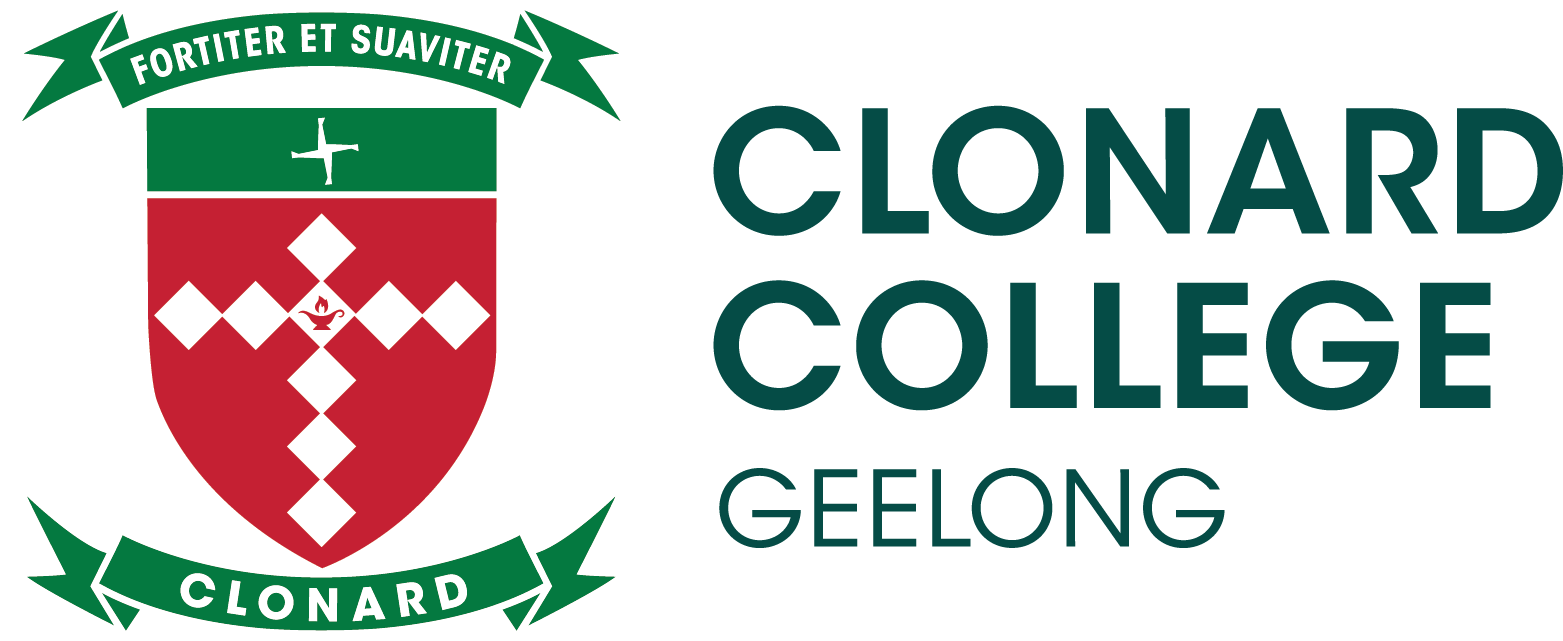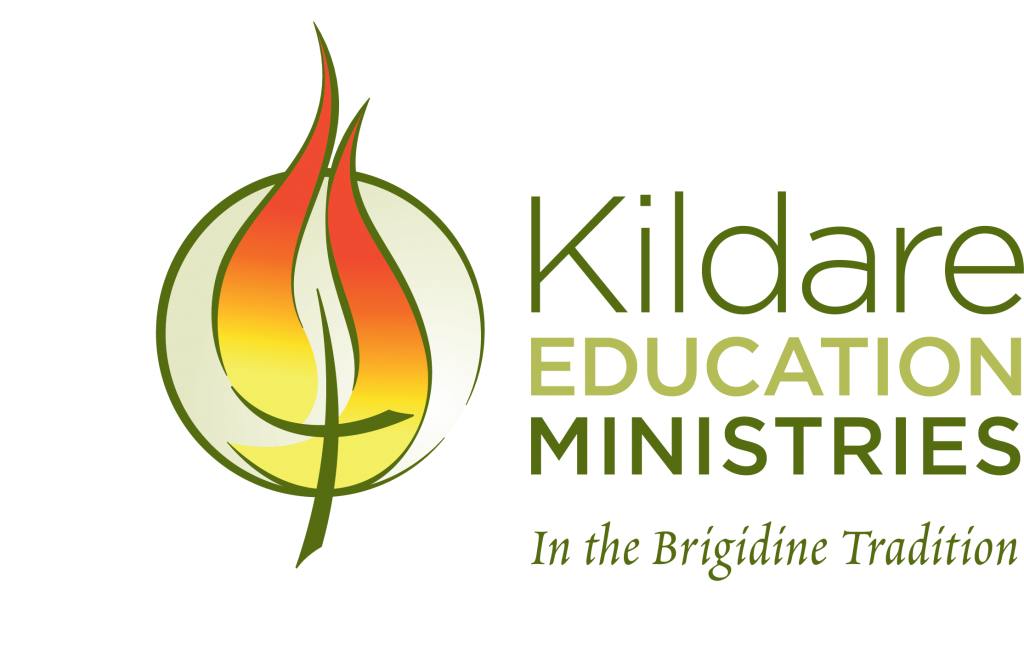Learning & Teaching
Table of Contents
Clonard offers a broad, challenging and comprehensive curriculum incorporating:
- A program from 7 – 12 which adheres to the Victorian Curriculum (7 – 10) including the Capabilities (Ethical Understanding, Critical and Creative Thinking, Personal and Social Capability and Intercultural Understanding). We offer the VCAA approved Senior Pathways of VCE and VCE-VM (Vocational Major)
- A Teaching and Learning program designed to be challenging and responsive to emerging needs in education, that is regularly updated and supports the personalised learning of students by providing successful pathways into VCE and VCE-VM Programs
- Pastoral Care programs that monitor and support each student
- Additional curriculum programs including Community Connection Days, instrumental music, debating, public speaking, a comprehensive range of sporting programs, special needs and extension programs, community service, and camps
- Alternative programs for Integration and special needs students.
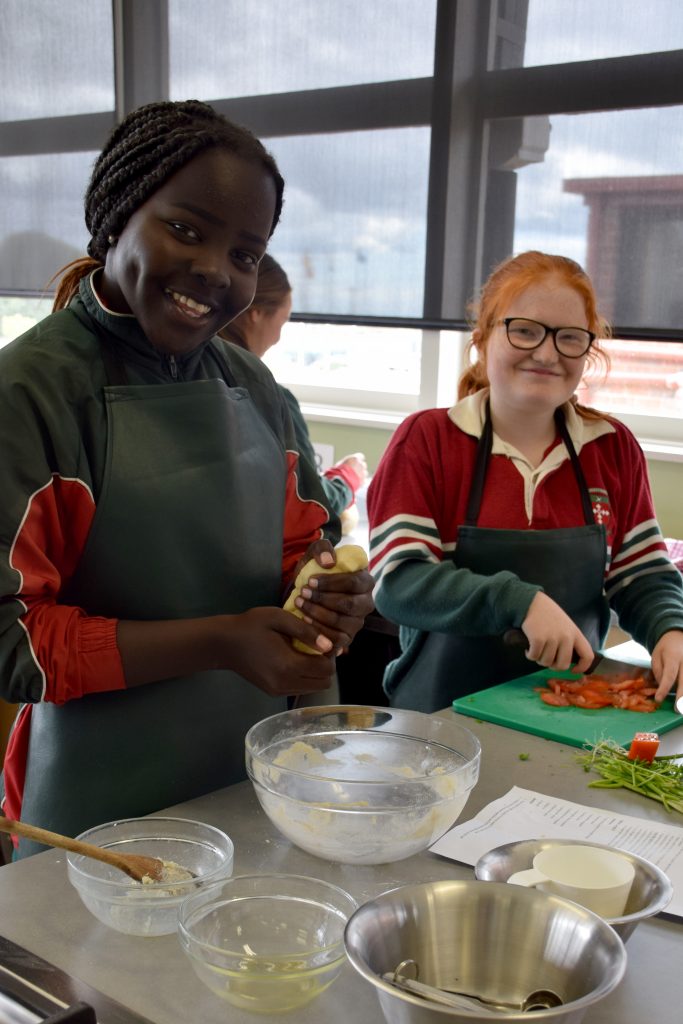
Learning Charter
The Clonard College Learning Charter is centre in our Catholic context expressed through our commitment to Kildare Ministries values and Living Justice vision where education is transformative, developing in all a capacity to engage with empathy and love in the lives of one another and our broader community.
At its heart it seeks to ensure learning for everyone which is forward-facing and courageous. These principles articulate our sacred responsibility to bring into fullness, our hope for all within our learning community to achieve the aspirational goals of our Vision Statement and Graduate Outcomes.
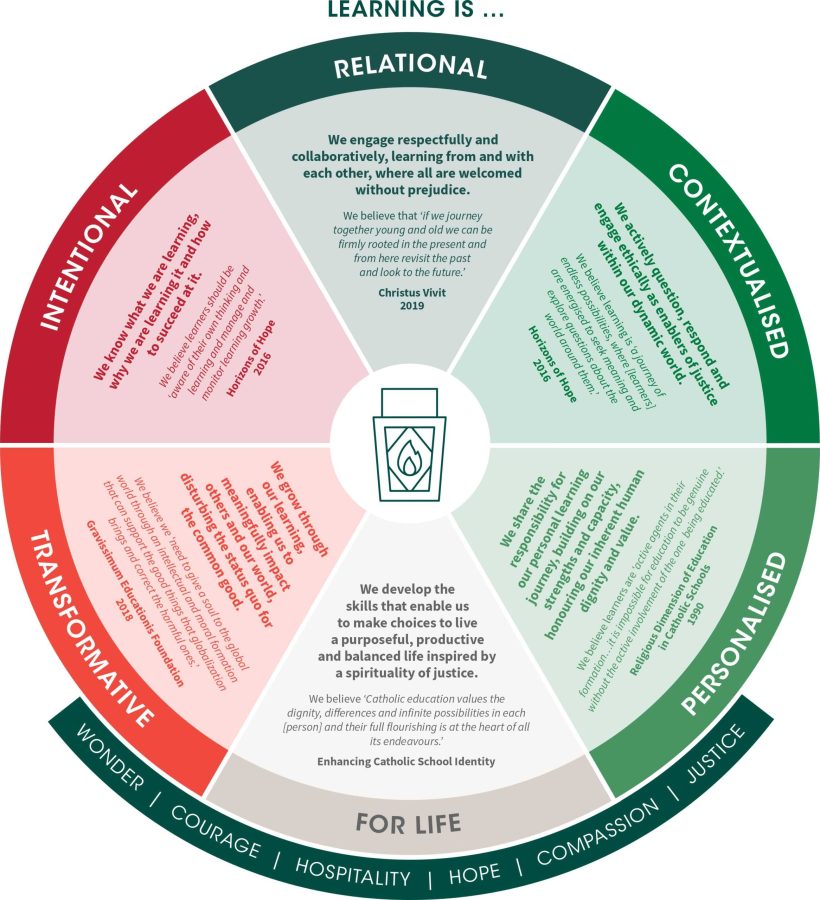
Curriculum 2024 +
Clonard College provides a comprehensive and broad-ranging core studies program for students at Years 7 to 8 and offers students specialisation within the safety of a core beginning in Year 9 and becoming increasingly individualised from Year 10. The program enables students to engage in advanced studies in Year 8 and accelerated studies from Year 9.
Clonard College declares its holistic support for student wellbeing through its Wellbeing Program from Years 7 – 12.
CURRICULUM TIME ALLOCATION PER 10-DAY CYCLE (6 x 47 minutes periods / day) BY CURRICULUM AREA – 2024
Curriculum Overview
Clonard College 2024 - Periods per cycle (2 weeks)

Structure of the School Day
Clonard operates six periods per day. Each lesson lasts for forty seven minutes with few subjects having double classes for practical work.
There is a break between each class to enable students to reset prior to another class/subject, consolidate their learning and to take a breath, de-stress and move into their next class ready to learn.
Clonard also offers a ‘Wellbeing’ program. The Wellbeing 4 Learning curriculum is modelled on best practice with many interactive, engaging activities that promote connection and relationship with their Wellbeing teacher and the Clonard community.
You can find out more about our Wellbeing 4 Learning program here: Wellbeing 4 Learning
| Year 7 - 12 Bell Times | |||
|---|---|---|---|
| Wellbeing | 8.50 | 9.08 | 18 mins |
| Transition | 9.08 | 9.10 | 2 mins |
| Period 1 | 9.10 | 9.57 | 47 mins |
| Transition | 9.57 | 10.03 | 6 mins |
| Period 2 | 10.03 | 10.50 | 47 mins |
| Recess | 10.50 | 11.10 | 20 mins |
| Period 3 | 11.10 | 11.57 | 47 mins |
| Transition | 11.57 | 12.03 | 6 mins |
| Period 4 | 12.03 | 12.50 | 47 mins |
| Lunch | 12.50 | 1.40 | 50 mins |
| Period 5 | 1.40 | 2.27 | 47 mins |
| Period 6 | 2.33 | 3.20 | 47 mins |
Individual Learning Needs
All students are individuals with their own preferred learning styles and their strengths and weaknesses. Many students are gifted in aspects of their learning and can be challenged to undertake higher order tasks as well as to engage in extra programs and activities.
For some students there are aspects of learning that they find very challenging. The Learning Diversity Leader works with staff and a team of Learning Support Officers (LSOs) to support students with learning needs.
In some cases support is offered on a one-to-one basis but in many cases staff work with small groups of students in the classroom assisting them with their work.
In the Senior Years ( 9 – 12), individual pathway planning means that some students commence their VCE studies in Year 9 or their PreVOC studies in Year 10. Students choosing to move into PreVOC and begin their transition to hands-on learning early, may undertake a Vocational Education and Training subject in Year 10. It is important to note that students who move into PreVOC cannot undertake VCE studies in Year 11 so students need to consider this carefully. No student will move into PreVOC without an interview with the Assistant Principal (Student Learning and Wellbeing) and the VCE-VM Coordinator, parents and the student herself. At Year 11, students could also enrol in a VET course through the Gordon Institute and other Registered Training Organisation (RTOs).

